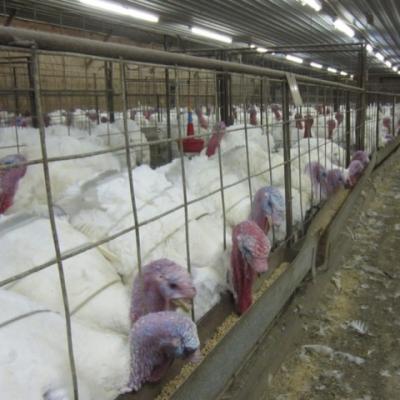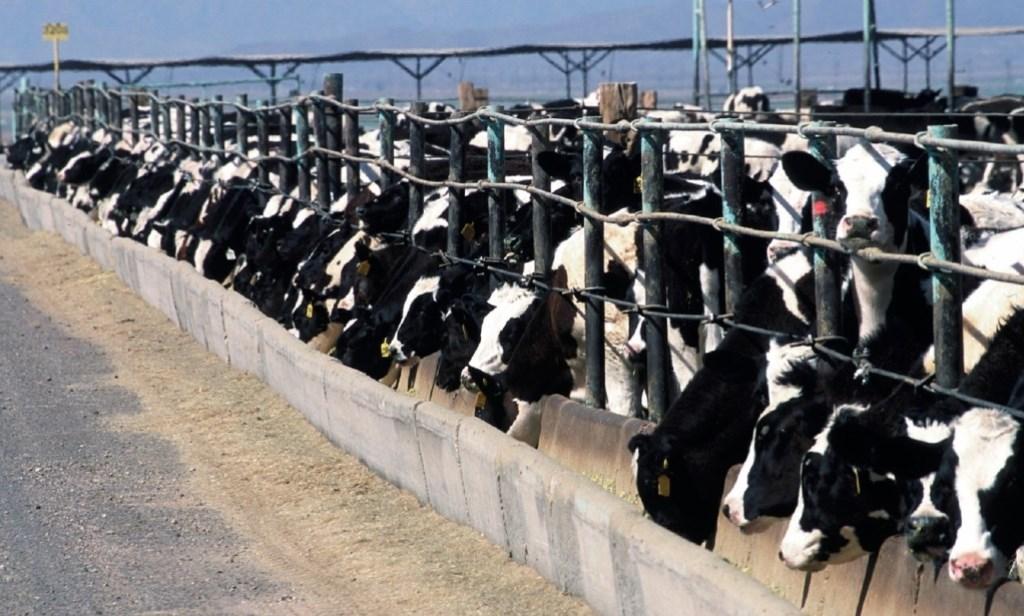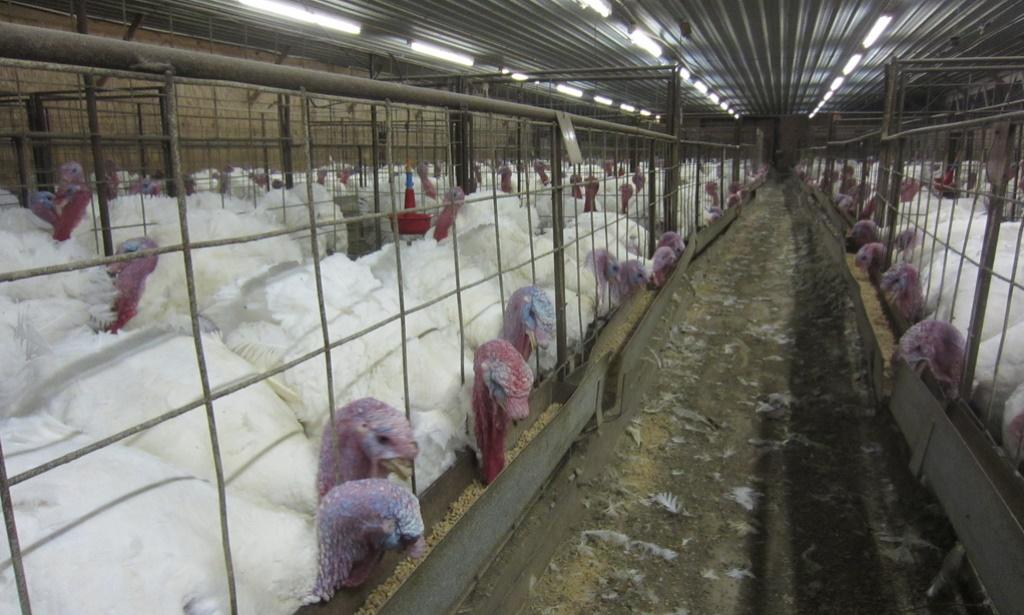Over the years, the United States Department of Agriculture has sought to create the animal welfare requirements for organic certification. These requirements guarantee a minimum amount of space, light and outdoor access to animals. Thus, they provided the animals some measure of protection and gave them some welfare standards.
Specifically, Organic Livestock and Poultry Practices rule, over ten years in the making and finally proposed in April of 2016, would have required organic egg farms to provide at least one square foot of space inside as well as outdoor access. It also added the following protections: separate poultry transport and slaughter standards; outdoor access requirements for all species; indoor and outdoor space requirements for poultry; specific indoor enrichment requirements and overarching pain control requirements.
The USDA recently withdrew the rule for poultry stating that it would discourage the creation of new best practices in organic farming, hamper market innovation and impose unnecessary regulatory burdens.
Under the Trump administration, the USDA has begun arguing that the original law creating the “USDA Organic” label and certification does not allow for “broadly prescriptive, stand-alone animal welfare regulations.”
In sum, organic and conventional farms can raise and kill their animals in the same exact way, humanely or not.
Specifically, Organic Livestock and Poultry Practices rule, over ten years in the making and finally proposed in April of 2016, would have required organic egg farms to provide at least one square foot of space inside as well as outdoor access. It also added the following protections: separate poultry transport and slaughter standards; outdoor access requirements for all species; indoor and outdoor space requirements for poultry; specific indoor enrichment requirements and overarching pain control requirements.
The USDA recently withdrew the rule for poultry stating that it would discourage the creation of new best practices in organic farming, hamper market innovation and impose unnecessary regulatory burdens.
Under the Trump administration, the USDA has begun arguing that the original law creating the “USDA Organic” label and certification does not allow for “broadly prescriptive, stand-alone animal welfare regulations.”
In sum, organic and conventional farms can raise and kill their animals in the same exact way, humanely or not.
What does this mean for farmers?
Knowing this, consumers interested in animal welfare may now opt for conventional products since they might be cheaper and cannot be guaranteed to be more humane. Organic farmers who invested time and money in going organic may lose their competitive edge and may see a decrease in sales.
What does this mean for animals?
This takes away some measure of protection from livestock deemed organic putting them at risk for inhumane treatment.
What does this mean for consumers?
The withdraw of this ruling will create confusion for the consumer as one cannot be guaranteed that their organically raised food was more humanely treated than conventional products.
What can consumers do?
The best way for consumers to ensure that animals are treated well is by buying from farmers in the community whose practices are transparent and humane. This is one more reason to purchase local and to know your farmer.
In addition, as some sustainable farmers have long argued, consumers can opt to ignore USDA Organic certification altogether, and pay more attention to alternative certifications, such as Certified Naturally Grown, which specifically clarified and strengthened the National Organic Program standards for livestock living conditions and access to pasture. Another respected certification is Certified Humane Raised and Handled® label issued by Humane Farm Animal Care (HFAC) non-profit. By seeking out products with these labels consumers can be assured that the food they buy comes from farms that meet specific objective standards for farm animal treatment.
Or, if the interest in animal welfare has an overarching importance for someone, they can also consider opting out of the system entirely by following a plant-based diet.
Beginning December 18, 2017, the public has 30 days to submit feedback on the withdrawal. Instructions for submitting comments can be found at the Federal Register website.
Knowing this, consumers interested in animal welfare may now opt for conventional products since they might be cheaper and cannot be guaranteed to be more humane. Organic farmers who invested time and money in going organic may lose their competitive edge and may see a decrease in sales.
What does this mean for animals?
This takes away some measure of protection from livestock deemed organic putting them at risk for inhumane treatment.
What does this mean for consumers?
The withdraw of this ruling will create confusion for the consumer as one cannot be guaranteed that their organically raised food was more humanely treated than conventional products.
What can consumers do?
The best way for consumers to ensure that animals are treated well is by buying from farmers in the community whose practices are transparent and humane. This is one more reason to purchase local and to know your farmer.
In addition, as some sustainable farmers have long argued, consumers can opt to ignore USDA Organic certification altogether, and pay more attention to alternative certifications, such as Certified Naturally Grown, which specifically clarified and strengthened the National Organic Program standards for livestock living conditions and access to pasture. Another respected certification is Certified Humane Raised and Handled® label issued by Humane Farm Animal Care (HFAC) non-profit. By seeking out products with these labels consumers can be assured that the food they buy comes from farms that meet specific objective standards for farm animal treatment.
Or, if the interest in animal welfare has an overarching importance for someone, they can also consider opting out of the system entirely by following a plant-based diet.
Beginning December 18, 2017, the public has 30 days to submit feedback on the withdrawal. Instructions for submitting comments can be found at the Federal Register website.







